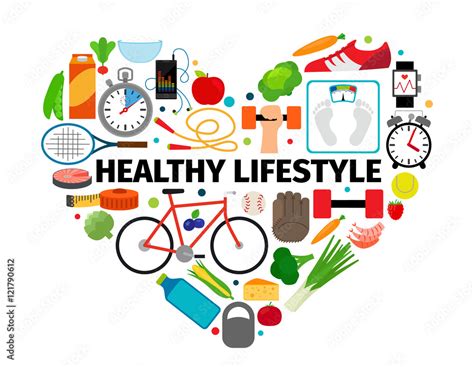How does dietary zinc intake specifically influence testosterone levels in men?

Testosterone, the primary male sex hormone, plays a pivotal role in numerous physiological functions, including muscle growth, bone density, red blood cell production, and libido. Maintaining optimal testosterone levels is crucial for overall male health and well-being. While many factors influence hormone balance, one essential trace mineral consistently highlighted for its profound impact is zinc. Understanding how dietary zinc intake specifically influences testosterone levels in men can offer valuable insights into nutritional strategies for hormonal health.
The Essential Role of Zinc in Hormonal Regulation
Zinc is an indispensable mineral involved in over 300 enzymatic reactions in the human body. Its widespread functions include immune support, wound healing, DNA synthesis, and protein metabolism. Crucially, zinc is also deeply embedded in the endocrine system, playing a significant role in the synthesis, secretion, and action of various hormones, including testosterone.
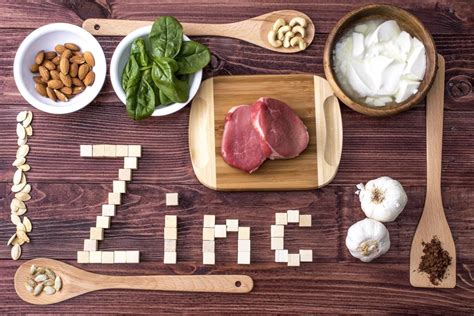
Mechanisms: How Zinc Directly Influences Testosterone Production
The relationship between zinc and testosterone is multifaceted, involving several key biological pathways:
Enzyme Cofactor for Testosterone Synthesis
Zinc acts as a vital cofactor for several enzymes directly involved in the biosynthesis of testosterone. For instance, it is crucial for the enzyme 3-alpha-hydroxysteroid dehydrogenase, which is necessary for the conversion of androstenedione to testosterone. Without sufficient zinc, these enzymatic processes can become inefficient, leading to reduced testosterone production.
Modulation of Aromatase Activity
One of zinc’s most significant roles is its ability to modulate the activity of the aromatase enzyme. Aromatase is responsible for converting testosterone into estradiol, a form of estrogen. By potentially inhibiting aromatase, zinc helps to prevent the excessive conversion of testosterone into estrogen, thereby maintaining higher levels of free testosterone in the body. This is particularly relevant as men age, when aromatase activity tends to increase.
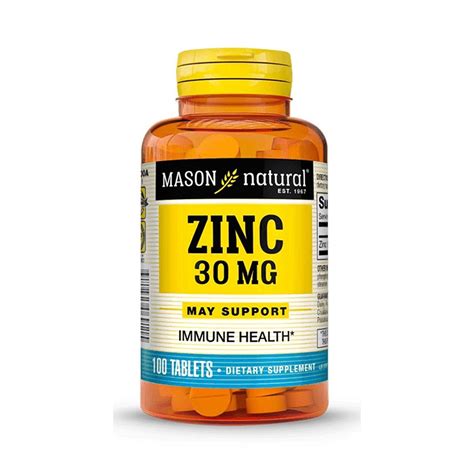
Antioxidant Protection of Leydig Cells
Testosterone is primarily produced in the Leydig cells of the testes. These cells are susceptible to oxidative stress, which can impair their function and reduce testosterone output. Zinc is a powerful antioxidant that helps protect cells, including Leydig cells, from damage caused by free radicals. By reducing oxidative stress, zinc supports the healthy functioning of these crucial hormone-producing cells.
Influence on Luteinizing Hormone (LH) and Gonadotropin-Releasing Hormone (GnRH)
Zinc also plays an indirect role by influencing the hypothalamic-pituitary-gonadal (HPG) axis. It is involved in the synthesis and release of Luteinizing Hormone (LH) from the pituitary gland, which in turn stimulates Leydig cells to produce testosterone. Additionally, zinc affects the pulsatile release of Gonadotropin-Releasing Hormone (GnRH) from the hypothalamus, further impacting the entire cascade of testosterone regulation.
The Impact of Zinc Deficiency on Testosterone Levels
Research has consistently shown a strong correlation between zinc deficiency and lower testosterone levels. Studies in men with marginal zinc deficiency have demonstrated that zinc supplementation can significantly increase serum testosterone levels, particularly in those with initial low levels. Even mild to moderate deficiencies can impair Leydig cell function and disrupt the HPG axis, leading to hypogonadism, reduced sperm quality, and other symptoms associated with low testosterone, such as fatigue, decreased libido, and muscle loss.
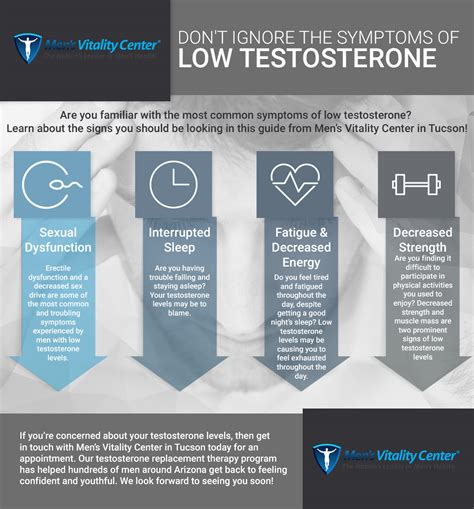
Optimal Zinc Intake: Dietary Sources and Recommendations
Maintaining adequate zinc intake through diet is the most effective way to support healthy testosterone levels. Excellent dietary sources of zinc include:
- Red Meat: Beef, lamb, and pork are rich sources.
- Shellfish: Oysters are exceptionally high in zinc; crab, lobster, and shrimp also provide good amounts.
- Poultry: Chicken and turkey, especially darker meat.
- Legumes: Chickpeas, lentils, and beans (though absorption can be affected by phytates).
- Nuts and Seeds: Pumpkin seeds, cashews, and almonds are good sources.
- Dairy Products: Milk, cheese, and yogurt contain zinc.
- Whole Grains: Oats, quinoa, and brown rice (also contain phytates).
The recommended daily allowance (RDA) for adult men is 11 mg of zinc. While supplementation can be beneficial for those with confirmed deficiencies, excessive zinc intake can lead to adverse effects, including copper deficiency and immune suppression. It is always advisable to consult a healthcare professional before starting any new supplement regimen.
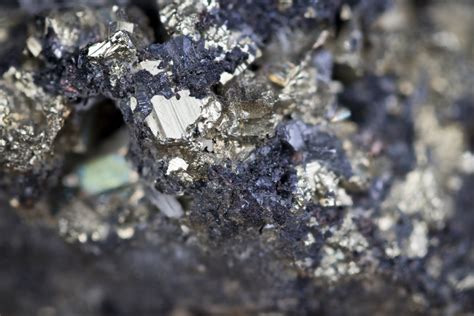
Conclusion
The evidence overwhelmingly supports the critical role of dietary zinc in regulating testosterone levels in men. Through its involvement as an enzyme cofactor, its ability to modulate aromatase, and its antioxidant properties, zinc directly and indirectly supports the optimal production and balance of this vital hormone. Ensuring adequate zinc intake through a balanced diet rich in zinc-containing foods is a fundamental strategy for maintaining male reproductive health, energy, and overall vitality. For men concerned about their testosterone levels, addressing potential zinc deficiencies through dietary adjustments or targeted supplementation, under professional guidance, represents a proactive and effective approach.
